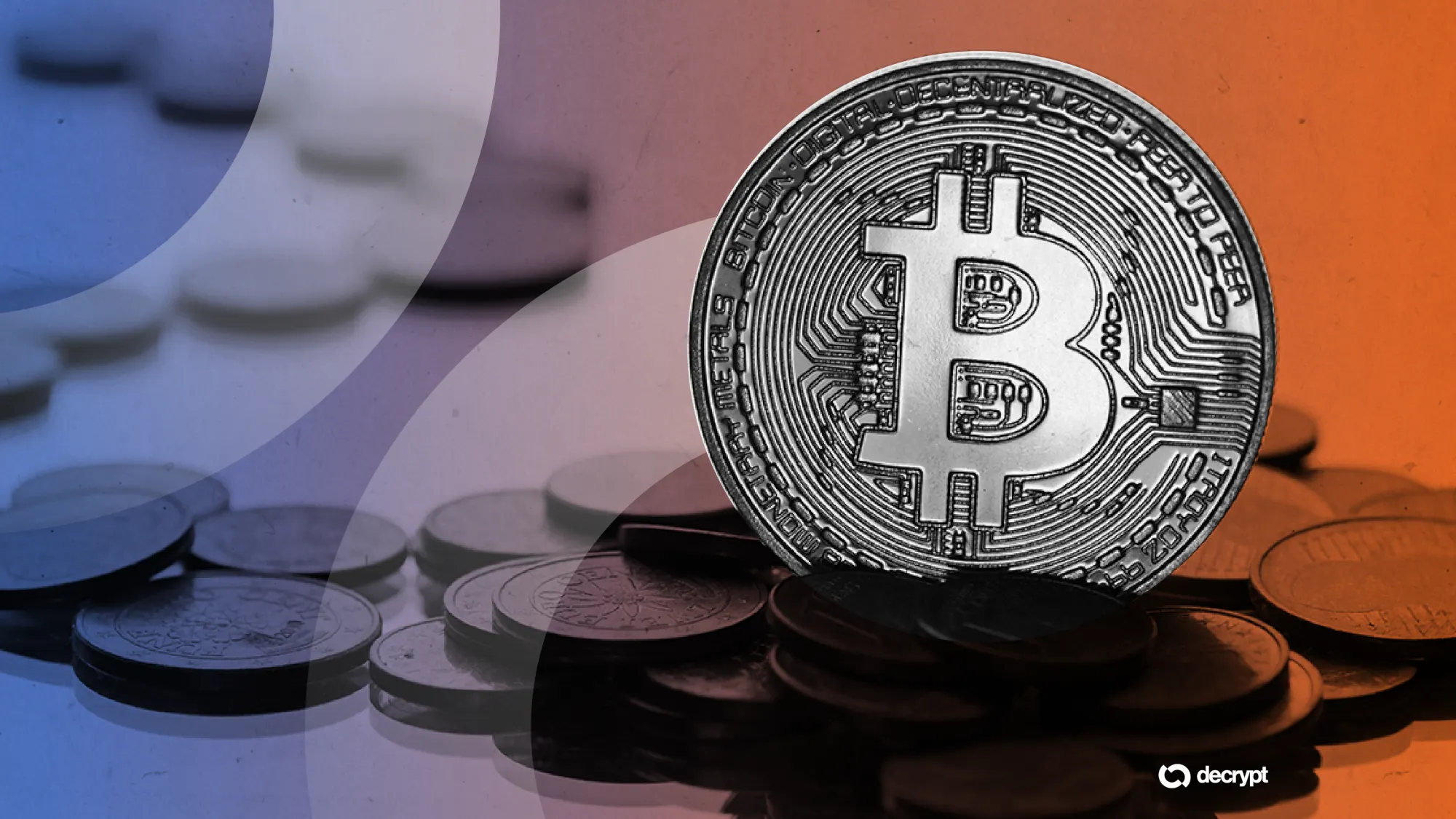Digital asset platform Bakkt Holdings has notified the U.S. SEC of its plans to sell up to $1 billion in securities to provide fresh capital for a possible expansion of its corporate treasury to include Bitcoin.
Bakkt's S-3 filing on Thursday creates a $1 billion pool of potential securities, including common stock, preferred stock, debt securities, warrants, and bundled stock units, which could be tapped whenever market conditions become favorable.
Backed by Intercontinental Exchange, the platform’s plans come as a growing number of public corporations begin to hold the world’s largest crypto as an alternative asset on their balance sheets.
Bakkt intends to "explore" these "financing alternatives" for "acquiring Bitcoin or other digital assets," a summary of the filing's prospectus reads.
The platform did not immediately respond to Decrypt's request for comment on its global strategy, nor whether this would mirror the ongoing acquisitions from firms like Michael Saylor's Strategy and Metaplanet.
The registration functions like a pre-approved credit line, allowing companies to quickly raise funds when Bitcoin prices dip or investor appetite peaks, rather than seeking regulatory approval each time they need capital.
The S-3 filing follows Bakkt's June investment policy update, which allows for allocating capital into Bitcoin and other digital assets as part of its broader treasury strategy.
However, the company has yet to make any purchases for the asset following the update.
It's worth noting that Bakkt claims the timing and size of any Bitcoin purchases will "depend on market conditions, capital market receptivity, business performance, and other strategic considerations."
Eyes on Asia
Bakkt’s investment policy update also claims it is "actively evaluating global jurisdictions." This bodes well for Asian crypto markets, where regulatory frameworks have matured significantly.
"Bakkt’s jurisdiction-flexible strategy is well-positioned to succeed in Asia," Charmaine Tam, head of OTC sales and trading at Hex Trust, a digital asset financial institution based in Hong Kong, told Decrypt.
Markets such as Hong Kong and Singapore offer a "strong combination of regulatory clarity, deep liquidity, and mature financial infrastructure," where Bakkt's prospects for institutional digital asset strategies could flourish, Tam said.
The move "strikes a smart balance in Asia," but its success would hinge on how Bakkt plays out its "compliance, timing, and execution," Hank Huang, CEO of Kronos Research, told Decrypt.
Still, regulation for digital assets could be problematic given the asset class’ complexity. "No global standard exists. While progressive, each jurisdiction has its unique set of rules," Tam notes.
"That said, it will be a balancing act," Tam noted, adding that Bakkt's success would hinge on its ability "to meticulously navigate" regulatory nuances and establish compliant local operations for each jurisdiction it might want to operate in.
Edited by Sebastian Sinclair

